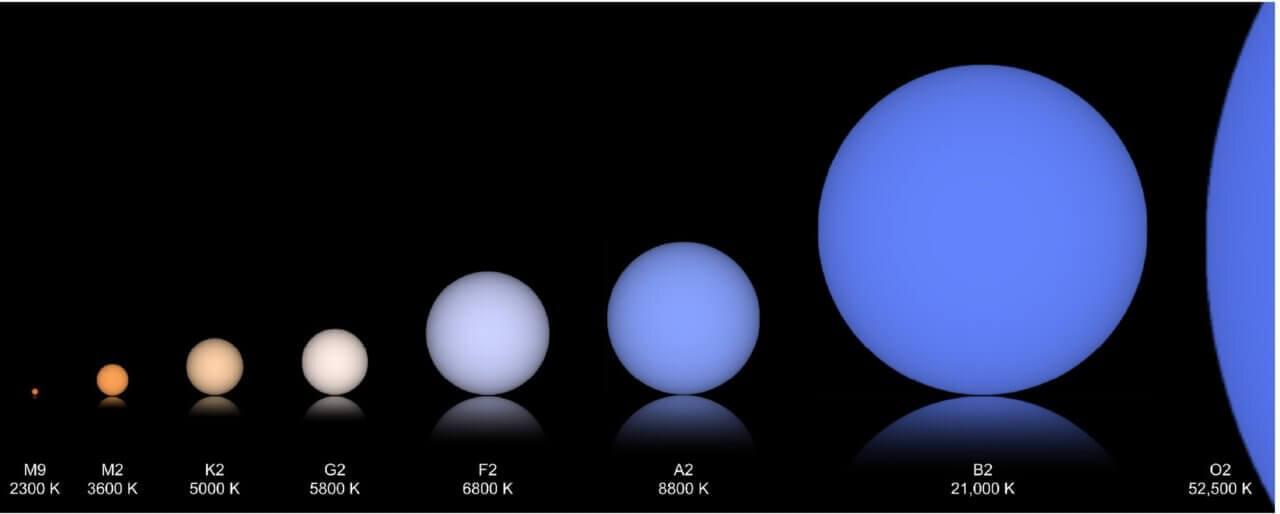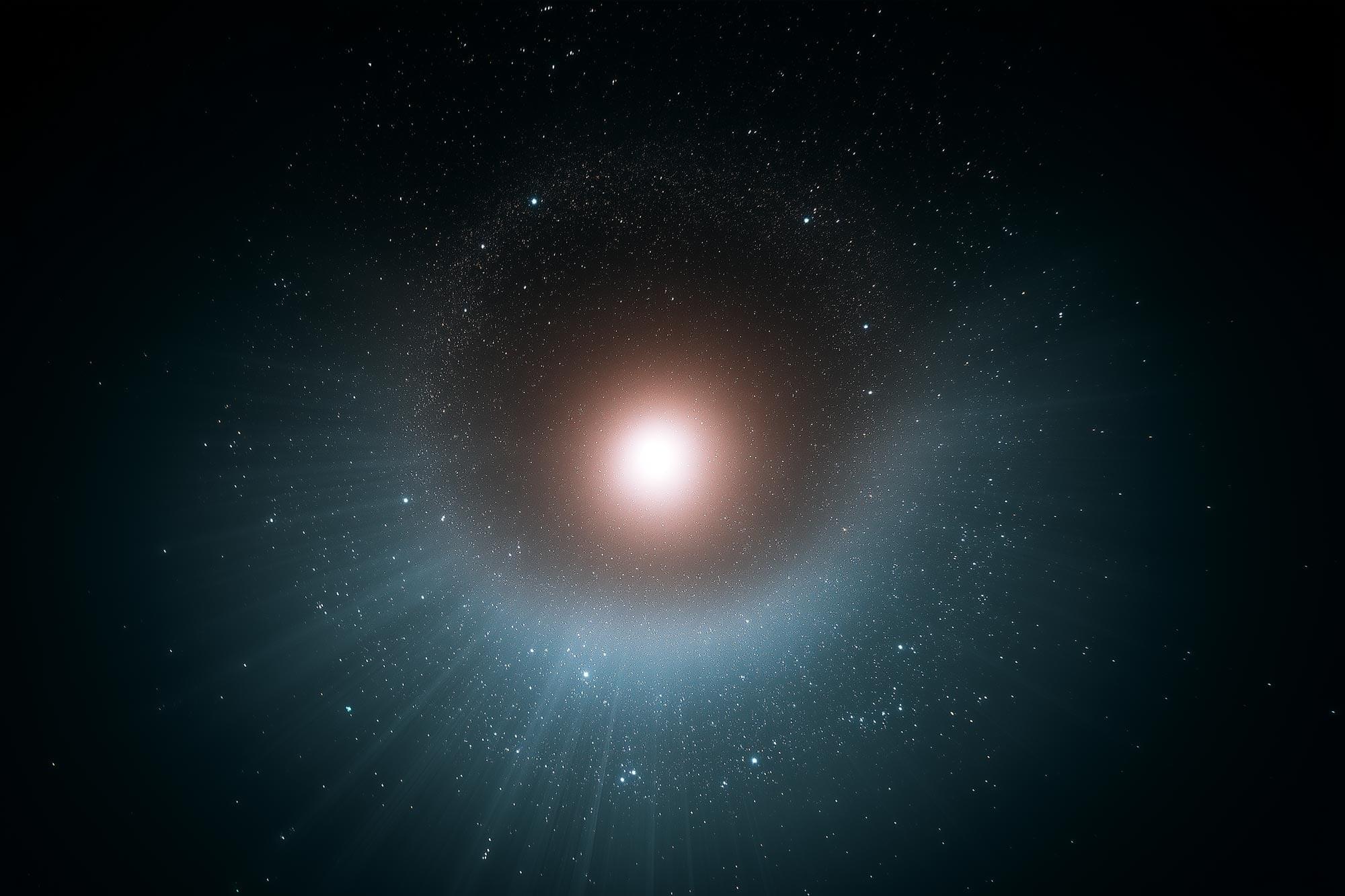Stephen Wolfram, a physicist, computer scientist and founder of Wolfram Research, has been hunting for a theory of everything since his first days as a particle physicist at Caltech. Wolfram put that mission to the side to focus on his business, but the success of artificial intelligence and computational science has encouraged Wolfram to pick up the quest to understand the universe once again, with renewed vigour.
–
Learn more ➤https://www.newscientist.com/article–…
Subscribe ➤ https://bit.ly/NSYTSUBS
Get more from New Scientist:
Official website: https://bit.ly/NSYTHP
Facebook: https://bit.ly/NSYTFB
Twitter: https://bit.ly/NSYTTW
Instagram: https://bit.ly/NSYTINSTA
LinkedIn: https://bit.ly/NSYTLIN
About New Scientist:
New Scientist was founded in 1956 for “all those interested in scientific discovery and its social consequences”. Today our website, videos, newsletters, app, podcast and print magazine cover the world’s most important, exciting and entertaining science news as well as asking the big-picture questions about life, the universe, and what it means to be human.
New Scientist.



